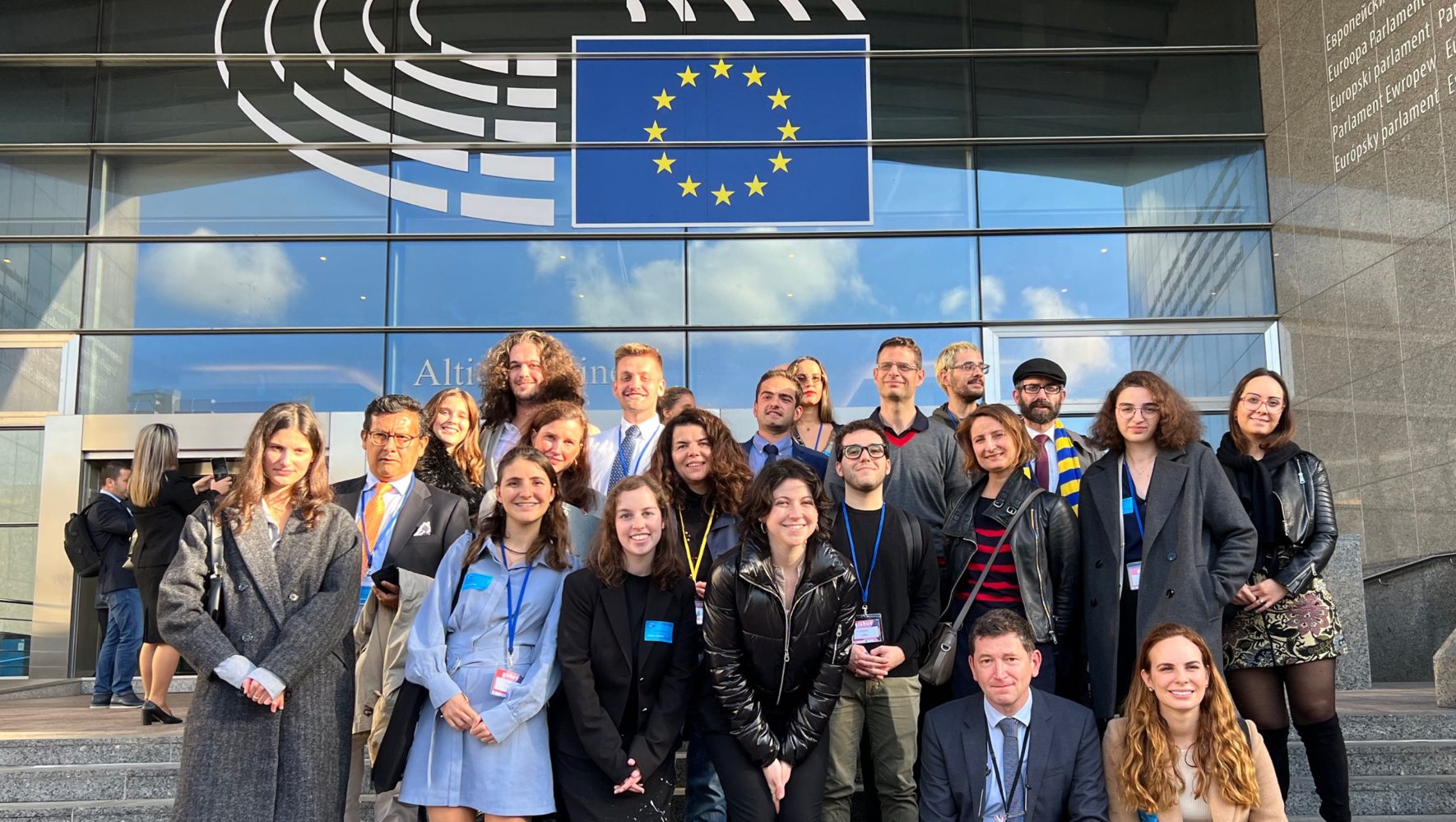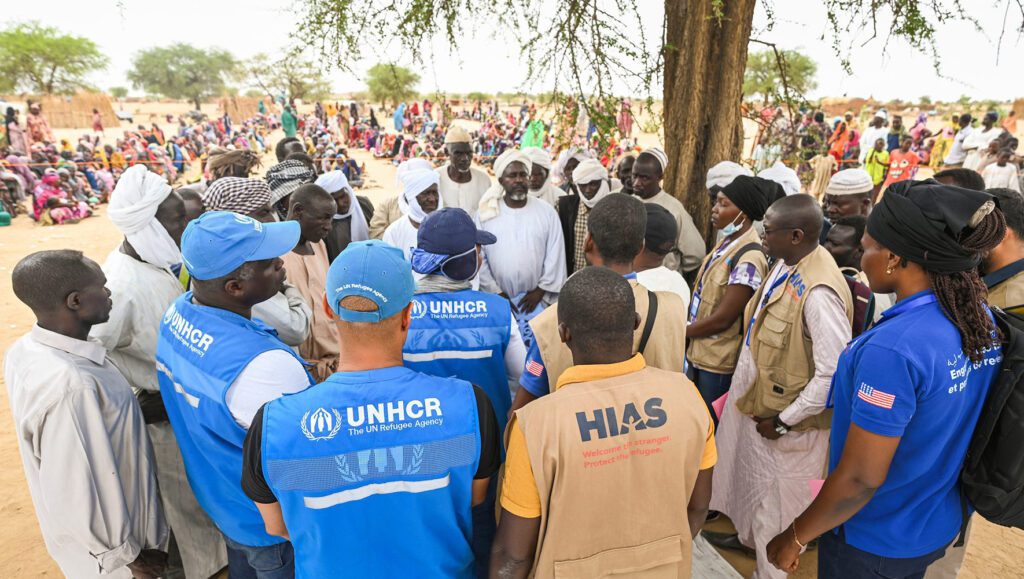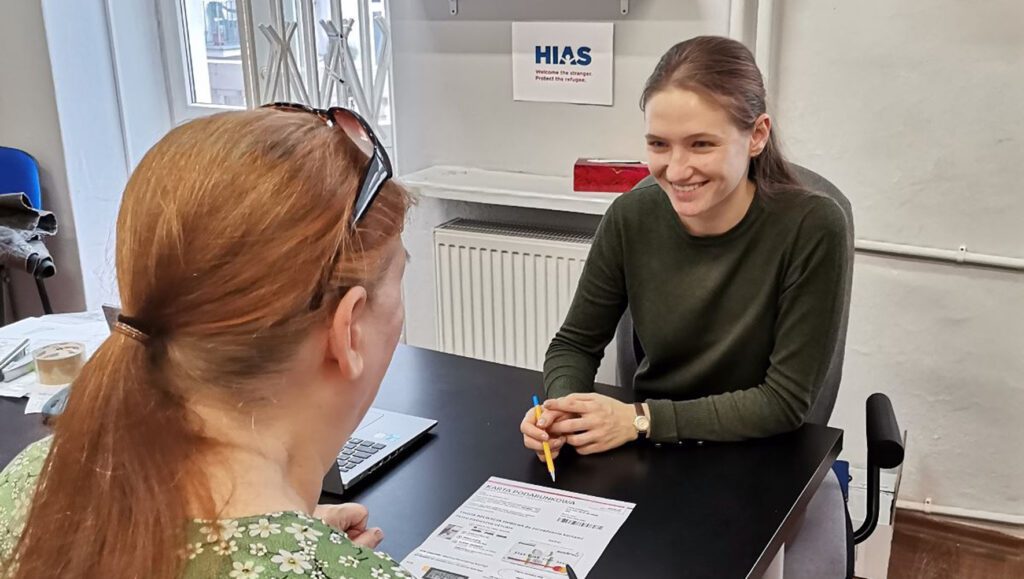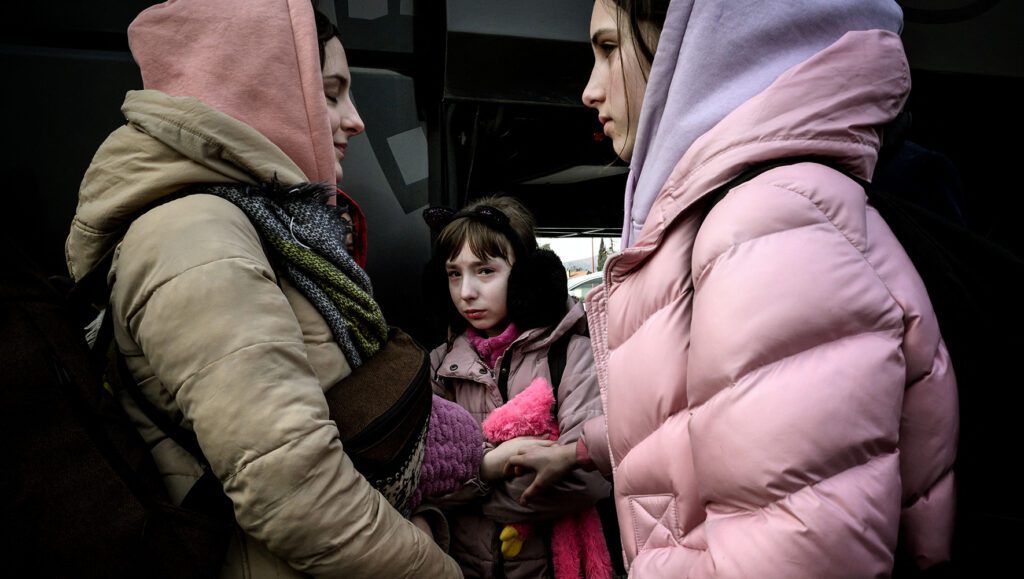
In recent years, Europe has seen an alarming rise in antisemitism. A study published by the European Commission, investigating the effect of the Covid-19 pandemic on online antisemitism between 2020 and 2021, reported a sevenfold increase in French-language antisemitic content on Twitter, Facebook, and Telegram, while the same channels saw a thirteen-fold increase in similar content in German.
The pandemic alone can’t be blamed for this trend. In a 2018 survey of European Jews, the Fundamental Rights Agency found that 89% perceived antisemitism to have increased in their country, while hundreds of respondents identified themselves as victims of antisemitic attacks. According to the survey, one in three European Jews avoid visiting Jewish spaces altogether because of safety concerns.
Antisemitism has worsened at a time when racism and xenophobia against Muslims are on the rise, endangering the lives and livelihoods of refugees, migrants, and asylum-seekers across Europe. Although European Jews and recent migrants and asylum seekers share similar histories and have each experienced various degrees of intolerance, their relationship is often framed by mutual mistrust. Some in the European Jewish community identify with the plight of newcomers — but many others fear Muslim antisemitism driven by views on the Israeli-Palestinian conflict.
In an attempt to improve this vital relationship, 25 Jewish activists and organizers from 17 countries convened in Brussels on October 22 for a networking event under the auspices of the Gishur project, which is funded by the European Commission and coordinated by HIAS Europe with the partnership of CEJI — A Jewish Contribution to an Inclusive Europe — and Paideia, the European Institute of Jewish Studies in Sweden.
Gishur empowers European Jewish activists to promote inclusion and outreach in migrant communities. Doing so not only fuels a dialogue on antisemitism that transcends faith and culture, but also builds mutual trust among neighboring communities who have shared interests at stake.
Antisemitism has worsened at a time when racism and xenophobia against Muslims are on the rise
At the three-day seminar in Brussels, activists participated in a series of training and coalition-building activities with the goal of formalizing a European-wide network against xenophobia and for inclusion. One session at the European Parliament was led by Sergey Lagodinsky, a member of the European Parliament, whose commitment to fighting xenophobia and racism stems from his experience emigrating from Russia to Germany as a teenager. He said that Jewish activists “empathize with others because we know from our long history what it’s like to be the ‘other’… we are at the epicenter of this debate.”
During Lagodinsky’s panel discussion, which was moderated by Robin Sclafani, the director of CEJI — and included Ilan Cohn, director of HIAS Europe; Giuliana Benedetto, policy officer at the European Commission; and Adriana Costa Santos from La Platforme Citoyenne — panelists addressed the ripple effects of activists’ grassroots work at every level as well as the possibilities for activists to link their diverse advocacy efforts to European-wide initiatives. In discussing the symbiotic relationship between local activists and European institutions, Benedetto described the instrumental role that HIAS’s activism and engagement has already played in shaping policy. The commission has “worked closely with HIAS on developing guidelines for welcoming Ukrainian refugees, especially on the role of host communities,” she said.
HIAS Europe Director Ilan Cohn reflected on the impact of the seminar, explaining that “although the Jewish movement in support of refugees in Europe is not yet mainstream, today’s meeting at the European Parliament and the launch of the Activists’ Network show that the combined initiatives of individual Jewish activists can have a real impact on the role of Jewish communities in welcoming refugees as well as their local integration.”
Evidence suggests that activists are making significant progress: Interfaith events have cropped up across Europe. In Barcelona, community members from Mozaika welcomed Christian and Muslim neighbors to a Passover Seder in the historic Jewish quarter, while in Mińsk Mazowiecki, a city in eastern Poland where Jews had made up 40% of inhabitants before World War II, community members invited new residents to a Shabbat dinner where they shared stories about Jewish contributions to the city.
Summit participant Jesse Pilz, a Brussels-based Emerson fellow with StandWithUs, came away from the gathering with a fresh appreciation for Gishur’s mission. “I’m inspired by the level of creativity and amount of engagement in these workshops,” he said. “It’s an opportunity to focus on the individual projects that we take part in as well as being able to find ways in which our work can come together both within the European Jewish community and with our interfaith collaborations as well.”


